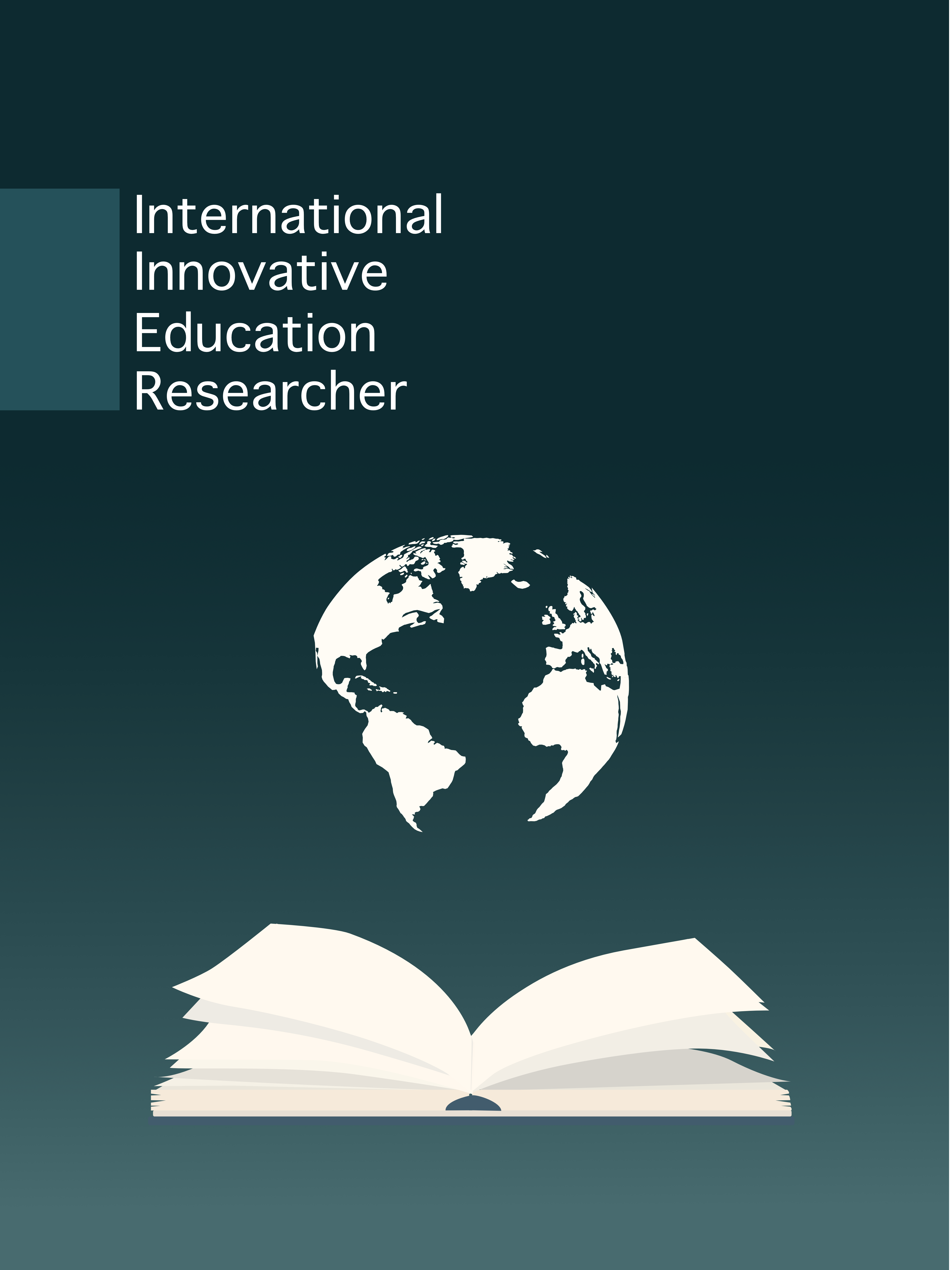Author :
Abstract
COVID-19 Pandemisi, Aralık 2019'dan buyana siyaseti, ekonomiyi, dini gelenekleri, uygulamaları ve sözleşmeleri, kamusal ve özel faaliyetleri, seyahat ve eğlenceyi, yaşam tarzlarını vb. kökten değiştirdi. Tüm dünyada kapanmalar ve yeni normale dönüşler sırasında, eğitim, büyük ölçüde çevrimiçi eğitimden yararlanan hızlı ve dinamik bir değişimle sanal gerçekliğe geçmek zorunda kaldı. Online eğitime geçiş süreci, okullarında bu yeni pandemi uygulamasını planlayan ve yöneten okul yöneticilerini temelden etkiledi. Covid-19 Pandemisi döneminde okulların amaç tanımının yeniden yapılması ihitiyacı doğdu, sahadaki okul yöneticilerinin görev, sorumluluk tanımları yeni bir çerçeveye kavuştu. Bu çalışma, lise yöneticilerinin Covid-19 Pandemisi sürecinde karşılaştıkları sorunları belirlemeyi amaçlamıştır. Bu temel araştırmada nitel araştırma yaklaşımı kullanılmıştır. Araştırmaya 32 lise yöenticisi katılmış, hem kişisel bilgi formunu hem de açık uçlu formu yanıtlamışlardır. Lise yöneticilerinin karşılaştıkları sorunlar ve sorunlara ilişkin görüşleri ve bu sorunlara yeni görev tanımları çerçevesinde çözüm önerileri bu formlardaki yanıtları doğrultusunda belirlenerek ortaya konulmuştur.
Keywords
Abstract
COVID-19 Pandemic has radically changed politics, economy, religious traditions, practices and conventions, public and private activities, travel and entertainment, lifestyles, etc. since December 2019. Globally, during the closures and come and goes to new normal, education was forced to move to virtual reality as a rapid and dynamic change benefiting greatly from online education. The process of transition to online education fundamentally affected school principals who plan and manage this new pandemic implementation in their schools. In the time of the Covid-19 Pandemic, while the definition of the purpose of schools needed to be restructured, the duties, responsibilities, and job descriptions of School Principals at the front had a new framework. This study aimed to identify the problems faced by High School Principals in Covid-19 Pandemic. A qualitative research approach was used in this basic research. 32 high school principals participated in the research and answered both the personal information form and the open-ended form. The problems faced by school principals in high schools and their insights about the problems and resolution suggestions to those problems within the new framework of their job description were identified and presented in line with their answers on these forms.
Keywords
- Brierley, J. A., & Cowton, C. J. (2000). Putting meta-analysis to work: Accountants’ organizational professional conflict. Journal of Business Ethics, 24, 343-353.
- Chein, I.( 1981 ). Appendix: An introduction to sampling. In L. H. Kidder(Ed.), Selltiz, Wrightsman &Cook's research methods in social relations. ( 4th ed. ) (pp. 418 – 441 ). Austin, TX: Holt, Rinehart, and Winston.
- Dziuban, C., Graham, C. R., Moskal, P., Norberg, A., & Sicilia, N., (2018). Blended learning: The new normal and emerging technologies. International Journal of Educational Technology in Higher Education, 15(3). Retrieved from http://doi.org/10.1186/s41239- 017-0087-5.
- FOJTÍK, Rostislav (2018). Problems of Distance Education. 2018. ICTE Journal. Volume 23, Issue 14, 2018. ISSN 1805-3726
- Garrison, D. R., & Kanuka, H., (2004). Blended learning: Uncovering its transformative potential in higher education. The Internet and Higher Education, 7(2), 95-105. http://dx.doi.org/10.1016/j.iheduc.2004.02.001
- Graham, C. R., (2007). Blended learning systems: Definition, current trends, and future directions. Handbook of blended learning: Global Perspective, local designs (pp. 3-21). San Francisco, CA: Pfeiffer Publishing.
- JONES, David. (2005). Computing by Distance Education: Problems and Solutions.
- Hodges, C., Moore, S., Lockee, B., Trust, T., & Bond, A. (2020). The difference between emergency remote teaching and online learning. Educause Review. Retrieved from https://er.educause.edu/articles/2020/3/the-difference-between-emergency-remoteteaching and-online-learning
- Honigmann, J. J.( 1982 ). Sampling in ethnographic fieldwork. In R. G. Burgess(Ed.), Field research: A sourcebook and field manual (pp. 79 – 90 ). London: Allen & Unwin
- Kassarjian, Harold H. (1977, June). Content analysis in consumer research. Journal of Consumer Research, 4(1), 8-18. Retrieved from http://www.jstor.org/stable/2488631
- MEB (2021) Distance Education Will Continue Up To 30 April, https://www.meb.gov.tr/ retrieved 25 March 2021
- MEB (2021) Minister Shared The Results Of The "Eba Monitoring Evaluation Research", https://www.meb.gov.tr/ retrieved 4 April 2021
- Merriam, S. B.( 2009 ). Qualitative Research A Guide to Design and Implementation Revised and Expanded from Qualitative Research and Case Study Applications in Education (3rd ed.). 6
- Stone-Johnson, C., Miles Weiner, J. (2020). Principal professionalism in the time of COVID19. Journal of Professional Capital and the Community Volume 1, Issue 1, 2020. ISSN: 2056-9548
- UNESCO (2020) Covid-19 Educational Disruption and Response, (Unesco, 2020) https://en.unesco.org Retrieved 28 March 2021
- Van Manen, M.( 1990 ). Researching lived experience: Human science for an action sensitive pedagogy. New York: State University of New York.
- Worldometer. (2021). Coronavirus Update (Live) retrieved from ttps://www.worldometers.info/coronavirus/
- WHO Director-General's opening remarks at the media briefing on COVID-19 - 11 March 2020, retrieved from https://www.who.int/dg





